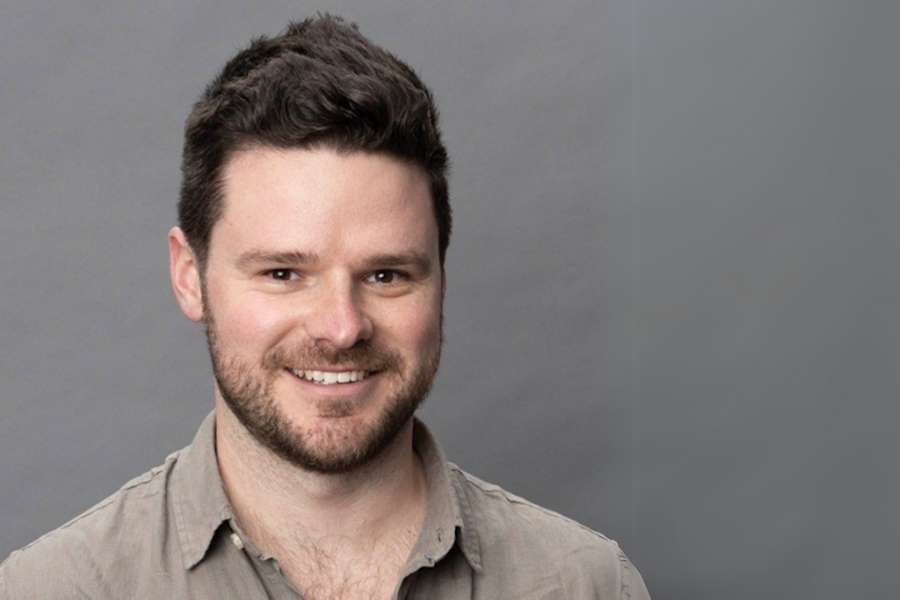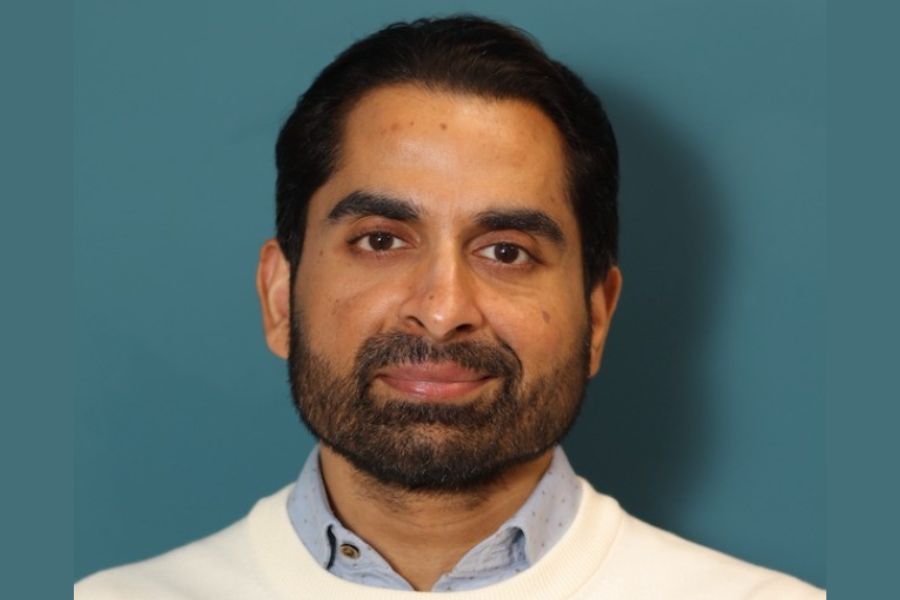Just over a year ago, TBWA’s worldwide digital ECD, David Lee, talked the global agency into spinning off a startup-style product-development arm after a mundane corporate website refresh turned into a presentation platform, Projeqt, “almost by accident”.
The corporate website initiative wasn’t, as Lee said, a “brief that gets anyone out of bed”.
But what started out as a quick refresh turned into the revamping of a planet-full of disparate websites. “We’re a network of 250 offices, and when I did an audit, I realised we also had 250 different websites. They were each fundamentally different with no connected thread that tied it all together,” Lee told Campaign Asia-Pacific during a recent visit to Hong Kong.
Rather than design a global site, Lee undertook to create a platform for the entire network, “a playground they can customise, but with boundaries”. The web tool made it easy to update content on the website, looked beautiful and could be viewed across all screens.
“We shot a flare out into the network saying if anyone wants to use it, here’s our free tool," he said. "They didn’t have to, but when we realised that a third of our offices wanted to build their sites using the tool, we had an ‘ah hah!’ moment.”
Typically, a corporate website is about ego and patting oneself on the back, observed Lee dryly. “Wouldn’t it be interesting for the people visiting our site if they could take the platform and use it for themselves, if it was open to the public?”
And so, Projeqt was born, and along with it, a business plan.
“When we opened up to the public, it was a great success, but we weren’t set up for it," Lee said. "When thousands signed up, you get feedback... plus criticism. But everyone in the core development team had drifted off and we realised we’d created a monster.”
That was when Lee realised that there was no place for a product-development team in an advertising agency.
“Advertising typically has a short shelf life, while products may take nine months of work just to get to the starting line. It’s the difference between creating something that is born to live and making something to die,” Lee said.
After a campaign is done, it’s usually over. There’s no dedicated team to keep it alive, the members typically move on to other accounts and other projects. Realising that maintaining something like Projeqt could not work within TBWA’s ad department, Lee presented a business proposal to the agency for a separate, startup style company.
After drafting 57 different business plans, this is what he came up with:
“We would create a product development company which would be a corporate garage, focusing on software that solves very specific problems related to the marketing communications industry. In a network the size of TBWA, it is inevitable that there will be inefficiencies, Pilot.is aims to turn those inefficiencies and painpoints into a starting point.
“We also have the advantage of being able to use TBWA’s talent pool as beta testers—most start-ups don’t have 12,000 people to test their products on.”
Since its launch Projeqt has also created Spotlit.es, a content distribution platform aimed at making it easier to launch content across multiple platforms. A campaign for McDonald’s that allowed the brand and its consumers to have real-time conversations about the food practices of the company, for example, launched in less than three weeks. The Pilot.is team has also worked with Nissan and Michelin to deploy content via this platform.
A further advantage of being a standalone company, Pilot.is is agency-agnostic and has primarily worked with agencies, like Tribal DDB, rather than clients. “It’s hard to work on product platform innovation with a client because they will want to own it, and we’re very keen on owning the IP.”
Thanks to its agency roots however, Pilot.is has the chance to hit a sweet spot. “From what I’ve seen of Silicon Valley, most don’t understand the number one way their products are being remunerated—ads. Many companies there don’t have a firm understanding of that world.
“We’re on the flip side and will try and hit that venn diagram – to simplify things down and create a marriage between SV and Madison Avenue,” explained Lee.
Of late, conversations around agency-born production companies have heated up, driven by the success of agencies like R/GA, AKQA, Party and BBH’s Zagg, and by a need to derive ways of creating additional revenue streams by owning IP they can sell back to clients.
“Many, including Lee Clow (chairman and global director of TBWA Worldwide) believe that the agency remuneration system is broken," Lee said. "There isn’t going to be one solution for everyone. Some might feel that that’s where the ball is going to be in a few years.”
Personally, Lee believes that most pure-play digital agencies have no choice but to move toward providing platform solutions for clients. “Any ad agency can create a digital campaign now, they don’t need a pure-play outfit anymore,” he said bluntly.
Lee’s two hats, as he puts it, are “complete polar opposites”. In one role he oversees digital creativity for an agency network of 250 offices with a headcount of more than 12,000. In the other, he’s “closer to the ground” as the COO of a tiny startup of five (including himself), juggling digital design and UX.
“Somewhere in the middle, is my happy place,” he said.
This article first appeared on Campaign Asia-Pacific




